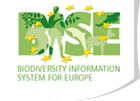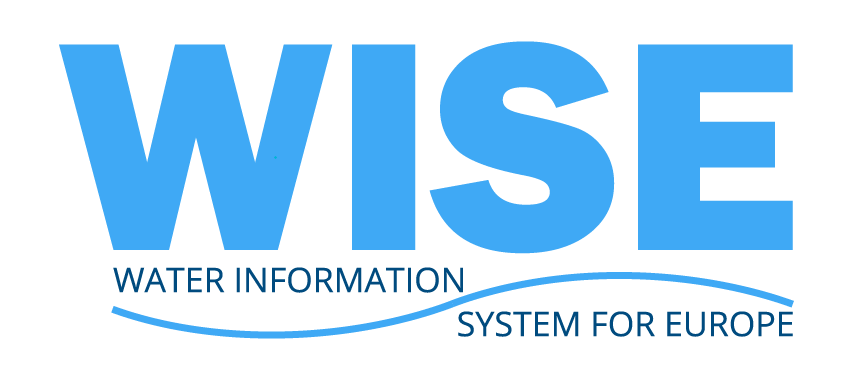Benefits from Europe's forests
Forests provide timber and non-forest wood products, and also supports numerous other benefits to society, such as withdrawing vast amounts of carbon emissions from the atmosphere, regulating water flows, controlling soil erosion, cleaning the air we breathe and places of recreation and spirituality.
Examples of forest ecosystem services

Forest ecosystem accounts
The EU ecosystem accounts recently assessed several ecosystem services.
Contribution of different ecosystem services and EU ecosystem accounts infographics area, km2 and M EUR
Share of the ecosystem services from main ecosystem services according to the INCA ecosystem accounts, k
Forest ecosystems contribute to 47.5% of the total ecosystem services. This significant contribution makes the value supplied by a unit of area of forest land almost 9 times more than the value supplied by a unit of area in urban land.
EU28: Economic value from ecosystem services in 2012, M EUR
Forest ecosystem services
Forest ecosystems are classified into three types of ecosystem services: provisioning, regulating and cultural ecosystem services.
Regulating ecosystem services
Forest ecosystems mitigate climate change impacts by capturing carbon dioxide from the atmosphere (carbon sequestration). This benefit extends to global society since CO2 is considered to be equally distributed over the global atmosphere.
Estimated economic value of carbon sequestration by ecosystems in 2012, M EUR
Upstream ecosystems and wetlands protect cities, farmlands and infrastructure from flooding. Ecosystems such as forests, wetlands and grasslands regulate water flows. They reduce the speed of runoff water during heavy rain or they infiltrate and store water temporarily in the soil. Thus the risk of downstream flooding is reduced, people and infrastructure are protected, and damage costs related to floods are avoided.
Flood control
Different ecosystem types differ in their ability to provide the flood control ecosystem service – forests and wetlands are particularly effective in holding water. About 3/5 of the EU territory has a potential to provide flood control. More than hald of this land is covered by forests.
Water purification as an ecosystem service is the removal of pollution from the environment by ecosystems. The economic value of nitrogen removal that forests provide as an ecosystem service for the EU (2012, EU28) is calculated as the costs of replacing this ecosystem service if ecosystems were not providing it (total costs of water purification through alternative means, e.g., constructed wetland)
Share and economic value of nitrogen removal by forest ecosystems in 2012, % AND M EUR
Social and cultural ecosystem services
Recreation in nature is considered as the biophysical characteristics or qualities of ecosystems that are viewed, observed, experienced or enjoyed in a passive, or active, way by people. The Covid-19 pandemic has spotlighted the importance of daily access to nature for recreation.
EU28: Economic value of recreation opportunities from forests in 2012, M EUR
The economic value of nature-based recreation opportunities that people have in forests was calculated based on daily recreation opportunities in a high natural quality forest within 4 km from human settlements (2012, EU28)
Accounting for forest condition in Europe
EU28: Forest condition variable account (spatially averaged values)











